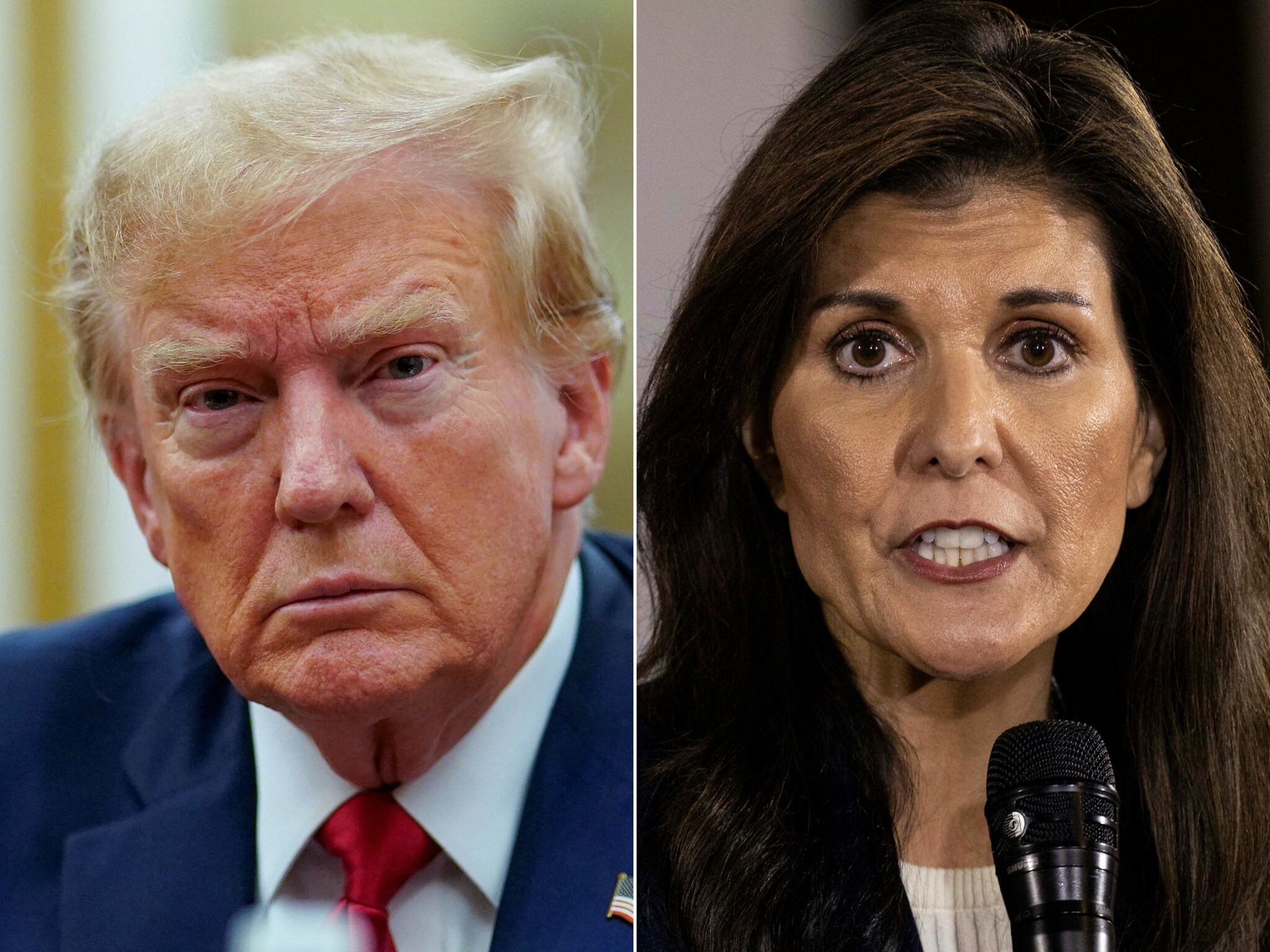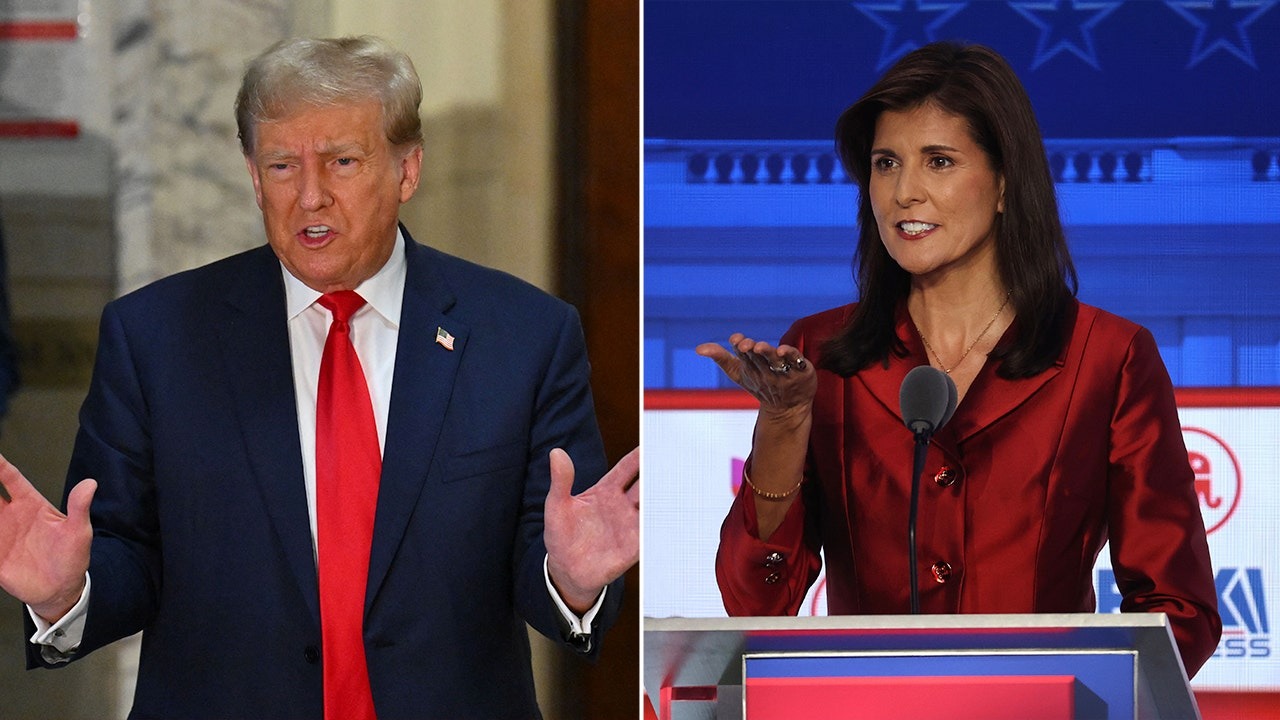After Nikki Haley exits the Republican primary race, former President Donald Trump faces a crucial decision: whether to win over her supporters or disregard them entirely.
While Trump has secured a dominant position within the GOP, exit polls indicate that many of Haley’s supporters may be hesitant to back him in the general election.
This reluctance among some Republicans has raised concerns among Democrats about President Joe Biden’s vulnerabilities and the potential for a close election.

Trump and Haley (Credits: The Times of Israel)
Haley, who suspended her campaign without endorsing Trump, emphasized that the former president must “earn the votes” of those who did not support him. Despite this call for unity, Trump or his team have not immediately reached out to Haley’s supporters.
Trump allies have downplayed the need for direct outreach, but in what is expected to be a closely contested general election, alienating moderate Republicans could be detrimental to Trump’s prospects.
Exit polls have highlighted some warning signs for Trump, with significant percentages of voters indicating they would not support the GOP nominee regardless of who it is.
Haley’s appeal to moderate and liberal voters in states like North Carolina and Virginia also underscores potential challenges for Trump in broadening his base.
As Trump prepares for the general election, he faces legal challenges and the task of expanding his coalition beyond his core supporters.
Haley’s departure from the race has presented Trump with a critical opportunity to appeal to a broader range of voters, a challenge that could ultimately determine the election outcome.























